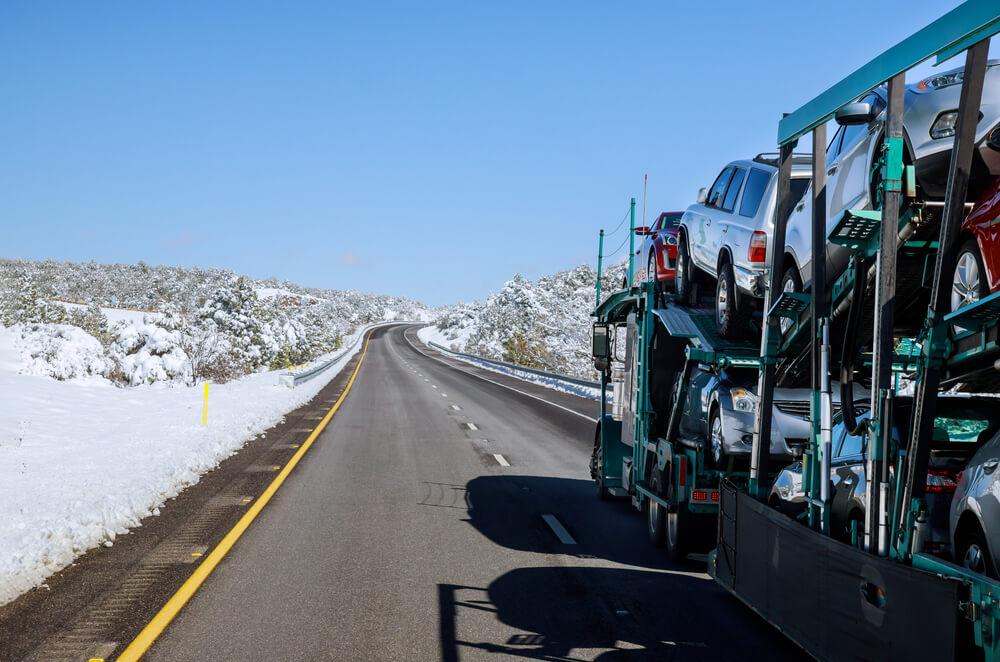
Shipping a car to Atlanta can cost between $821 and $2,573, averaging around $1,208. These rates vary based on factors such as distance, vehicle size and weight, and chosen shipping method, making Atlanta a versatile destination for both local and international relocations.
Shipping a car to Atlanta encompasses a broad pricing spectrum, ranging from $550 to $2,450 nationally, with specific rates for Atlanta falling between $821 and $2,573, averaging at $1,208. The cost is influenced by several critical factors, including the shipping distance, the vehicle's size and weight, and the preferred shipping method, offering a wide array of options for international, out-of-state, and local moves.
Understanding the Role of Distance in Car Shipping Costs
Distance is one of the most influential factors in determining the cost of shipping a car. When planning to ship a car, it's essential to note that the location from which the vehicle is being shipped and the destination it's headed to affect the total transport costs significantly. This is mainly because more miles translate to higher fuel consumption and increased wear and tear on the transporter's vehicle.
Shipping costs can escalate due to logistical issues like several drivers or unique route planning. Thus, local travel is cheaper than shipping an automobile cross-country. Tolls and other state-specific costs may be added to transport prices for lengthy distances. Companies set prices differently, but distance is always important.
Impact of Vehicle Size and Weight on Shipping Costs

It's important to take into account that automobile size and weight affect shipping prices. SUVs and trucks take up more transport carrier area than tiny cars. Shipping costs can rise since carriers can only carry fewer heavy cars at a time. Vehicle weight also influences shipping costs. Heavy vehicles increase transport carrier fuel consumption and costs.
Heavy vehicles may require special equipment to load and unload from transport carriers, adding cost. A light, compact automobile costs less to ship than a heavy-duty truck. Shipping firms base their prices on vehicle size and weight, which greatly affects your final cost. The simple rule is that heavier vehicles cost more to ship.
The Importance of Shipping Method in Determining Costs
When it comes to car shipping rates, the chosen method of transport plays a critical role. Two primary options are generally available - open carrier transport and enclosed carrier transport. Open carrier transport, the more cost-effective alternative, involves transporting vehicles on an open trailer. This method exposes cars to external elements, but damage is rare, and many choose this for its affordability.
On the other hand, enclosed carrier transport offers additional protection for the vehicle. This method uses fully enclosed trailers shielded from road debris and weather conditions, making it a popular choice for luxury, antique, or classic cars. However, this extra protection comes at a price, with enclosed transport generally costing approximately 60% more than open transport. Therefore, the chosen mode of shipment is an essential determinant of shipping costs.

Frequently Asked Questions
A variety of factors influence car shipping rates. These include the type of vehicle being shipped, its size and weight, the distance it needs to be shipped, and the shipping method chosen.
The distance your vehicle needs to be shipped can significantly influence the cost. Longer distances typically mean higher shipping costs, as it requires more fuel and longer hours for the transporters.
The size and weight of your vehicle play a major role in determining shipping costs. Larger and heavier vehicles take up more space on the transporter and add more weight, which can increase costs.
The shipping method is important because different methods have different costs associated with them. For instance, shipping a car on an open trailer is generally less expensive than using an enclosed trailer, but it may provide less protection for the vehicle.
Enclosed-trailer shipping is typically more expensive than open-trailer shipping. This is due to the added protection it provides for the vehicle, which can be valuable for more expensive or antique cars.






 Share on Facebook
Share on Facebook Share on LinkedIn
Share on LinkedIn Share on Twitter
Share on Twitter




 Google
Google  Instagram
Instagram  Trustpilot
Trustpilot 



